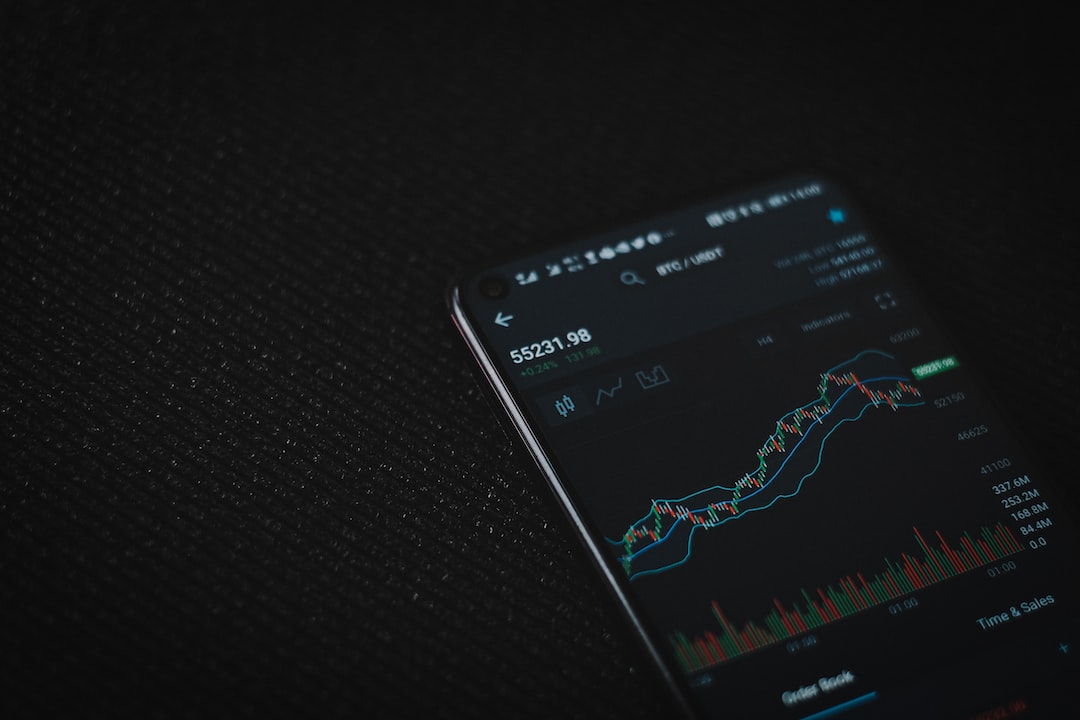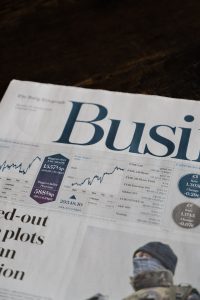Forex trading, also known as foreign exchange trading, is the buying and selling of currencies in the global market. Forex traders are individuals or companies who participate in this market to make a profit. There are a variety of different types of forex traders, each with their own goals and strategies.
Retail Forex Traders
Retail forex traders are individual traders who trade currencies through a forex broker. They typically have smaller trading accounts, ranging from a few hundred dollars to several thousand dollars. Retail traders often use leverage to increase their trading power and make larger trades than their account balance would allow.
Retail forex traders can be further divided into two groups: speculators and hedgers. Speculators are traders who aim to profit from the fluctuations in currency prices. They buy a currency when they think its value will increase and sell it when they think its value will decrease. Hedgers, on the other hand, use forex trading to protect themselves against currency risks. For example, a business that imports goods from another country may use forex trading to protect themselves against currency fluctuations that could increase the cost of their imports.
Institutional Forex Traders
Institutional forex traders are companies that trade currencies on behalf of their clients. They often have larger trading accounts and more sophisticated trading strategies than retail traders. Institutional traders can be further divided into two groups: market makers and interbank traders.
Market makers are institutional traders who create liquidity in the forex market by buying and selling currencies. They do this by offering bid and ask prices to their clients, which allows them to buy or sell currencies at any time. Market makers make money by charging a spread, which is the difference between the bid and ask prices.
Interbank traders are institutional traders who trade directly with other banks and financial institutions. They typically trade in large volumes and have access to more information and resources than retail traders. Interbank traders can also use more sophisticated trading strategies, such as algorithmic trading.
Forex Trading Strategies
Forex traders use a variety of different strategies to trade currencies. Some popular strategies include:
– Technical analysis: Traders use charts and technical indicators to identify patterns and trends in currency prices.
– Fundamental analysis: Traders analyze economic and political developments to predict how they will affect currency prices.
– Price action trading: Traders use price movements and market psychology to make trading decisions.
– Algorithmic trading: Traders use computer programs to analyze market data and execute trades automatically.
Risks of Forex Trading
Forex trading can be a profitable venture, but it also involves risks. The forex market is highly volatile and can be affected by a variety of factors, such as economic and political developments, natural disasters, and even social media trends. Traders can also lose money if they use too much leverage or if they don’t have a solid trading plan.
Conclusion
Forex traders are individuals or companies who participate in the global currency market to make a profit. There are a variety of different types of forex traders, each with their own goals and strategies. Retail traders are individual traders who trade currencies through a forex broker, while institutional traders are companies that trade currencies on behalf of their clients. Forex traders use a variety of different strategies to trade currencies, but they also face risks such as market volatility and leverage.





